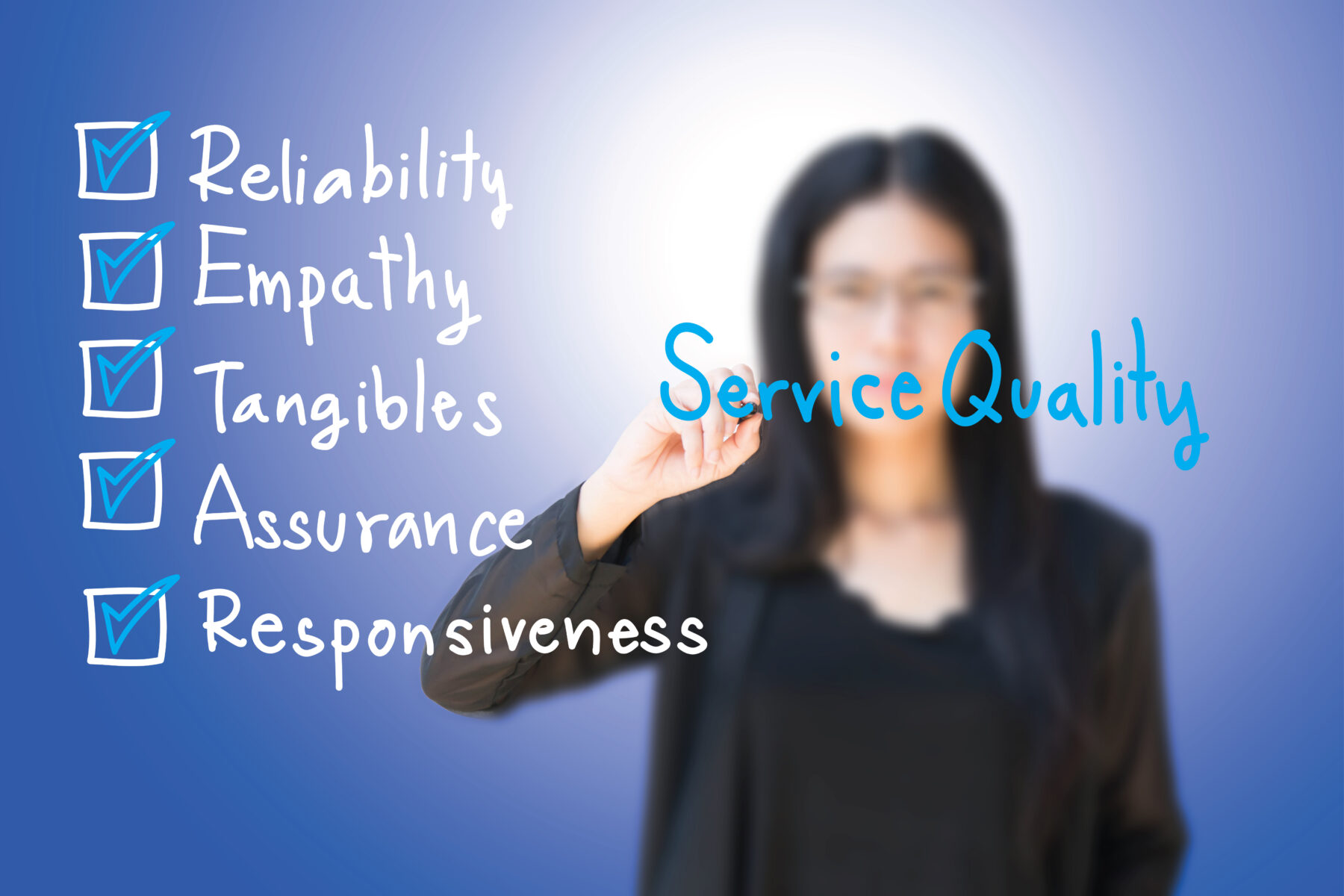By Jonnine Eras , SVP, Senior Tax Operations Manager
It’s easy to judge call centers by the customer experience they are often associated with delivering — excessive wait times, bouncing callers to different agents or departments, the inability to resolve customer issues, and an impersonal customer experience, among other complaints. When you stop and think about it though, the reason these outcomes exist in call centers is typically because of the way the organization is set up and managed from the top down. The KPIs and goals the company puts in place for call center agents drive the overall customer experience and performance of the call center. If the KPIs include how many calls agents handle and the length of those calls, those measurements will drive the experience that is delivered to the customer, and more often than not it’s not a good one.
As the mortgage servicing industry gears up for anticipated escrow account inquiries due to increases with real estate taxes and property insurance — which will no doubt increase customer questions and frustration — call center interactions with customers will be a major concern. At LERETA, we believe we have built an elevated call center experience for our outsourced tax customers. Here’s how we’ve developed the better call center and why it’s built to withstand the ups and downs of mortgage servicing.
1. Our call centers are 100% domestic.
For economic reasons, large tax servicers and other major tech providers tend to outsource their call center operations overseas. However, the tradeoff of less expensive call center operations can be poor communication and lack of empathy on behalf of agents.
LERETA’s call center operation is 100% U.S.-based. The decision to have an on-shore call center operation was made with careful consideration and a focus on providing the best possible experience to borrowers.
A domestic call center, like ours, can alleviate the frustrations that annoy customers and creates a more relatable experience for them. Our call center agents are native speakers, which eliminates language barriers and ensures clear communications. Understanding the nuances of language, idioms and cultural references enables our agents to engage with customers more effectively, which ultimately results in faster overall issue resolution.
2. Our agents are seasoned tax experts.
Our call center agents double as tax experts, boasting an average of 10 years’ worth of tax servicing experience. They are well-versed in how U.S. real estate taxes are computed, payment schedules and the complexities of the tax portion of escrow calculations.
Last year, about 60% of the calls we received from borrowers were related to escrow accounts, specifically shortages in escrow accounts due to rising property taxes or insurance costs. When borrowers are notified of an escrow account shortage and an impending increase in their monthly mortgage payment, their first step is usually a call to their servicer, which can lead them to a LERETA-staffed call center. We provide borrowers with a comprehensive, understandable explanation about how the real estate tax changes may impact their escrow account and how they may be able to adjust their payments.
Many of our call center agents are homeowners themselves so they understand first-hand the anxiety that changes in escrow accounts can create. This is something hard to convey to call center operators thousands of miles away in countries where the local property tax systems are incomparable.
3. Exceeding expectations is our norm.
Our average call duration is slightly longer than the industry standard — with an average call lasting 9.2 minutes in 2023. This extra time is due to our proactive approach in problem-solving where we strive to offer feasible solutions on the first call, eliminating the need for additional calls or customer interaction. This might occasionally involve placing callers on a brief hold while our agents contact a taxing agency for verification or to research the specifics of the issue. If the goal of a call center is to end the calls as fast as possible, this has the effect of not encouraging your associates to go the extra mile to solve problems in a single call. Our objective, however, is to resolve the issue and help the customer understand the reasons for the increases in the first and only call.
Frequently, we handle calls that require additional time for resolution instead of creating a ticket for the servicer to deal with later, such as:
- Checking when taxes were paid or posted
- Confirming when a tax bill was released and the payable amount
- Certifying that a late tax has been cleared by the borrower, eliminating the need for an escrow advance or escrow analysis by the servicer
- Validating the status of a homeowner exemption or an appeal
- Confirming a parcel/tax ID number
Although LERETA doesn’t conduct specific escrow analyses, we make every effort to educate borrowers about the intricacies of escrow in order to give them useful, actionable advice they can take to their servicer.
4. Metrics matter.
One of the most important metrics for measuring the success of a call center is first-call resolution (FCR). As referenced earlier, this refers to the ability of an agent to resolve a customer’s issue on the first call, without requiring any follow-up calls or escalations. In 2023 our average FCR rate was 85%, up from 80% in 2022. The average FCR industry standard for what’s considered a “good” FCR is 70%-79%. Additionally, Microsoft recently conducted research that looked at call center wait times across multiple industries – finance, insurance, retail, utilities, etc.– and found an average wait time of 12 minutes to get on the phone with an agent. Last year, our average wait time to be connected to an agent was 19.5 seconds with a .53% call abandonment rate.
5. A Client-First Culture.
A client-first culture is a mindset that puts the needs and satisfaction of clients at the forefront of all decisions and actions within a call center. It is an essential aspect of elevating the call center experience, as it focuses on creating a positive and personalized interaction between agents and clients.
To establish a client-first culture, call centers must prioritize understanding their clients’ wants, needs and pain points. This goes beyond just providing efficient service; it involves actively listening to clients, empathizing with their concerns and finding solutions that meet their unique requirements.
One way to create a client-first culture is by implementing training programs for agents that focus on empathy, active-listening techniques, and problem-solving skills. These programs can help agents understand the importance of prioritizing the client’s perspective in every interaction. It also allows them to develop strategies for handling difficult situations with care and sensitivity.
Another crucial element of a client-first culture is open communication channels between agents and management. Agents should feel comfortable expressing any challenges they face while interacting with borrowers without fear of reprimand or judgment. In turn, management should be receptive to feedback from agents regarding ways to improve processes or address any recurring issues raised by clients. This collaboration creates a sense of teamwork focused on providing exemplary customer service.
Moreover, implementing customer satisfaction surveys can help measure how well the call center is meeting its goal of putting clients first. The insights gathered from these surveys can inform decision-making processes aimed at improving overall customer experience continually.
Designing the better call center with best-practices differentiators is easy. Actually delivering a better call center on a consistent basis is the hard part. LERETA knows how to do the hard things so that borrowers have a great experience and, as a result, give our clients all the credit.
For more information contact us at sales@LERETA.com.


